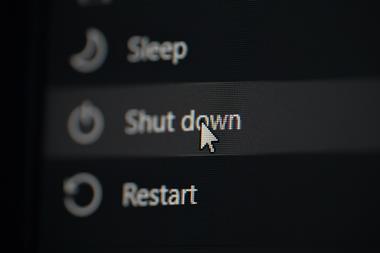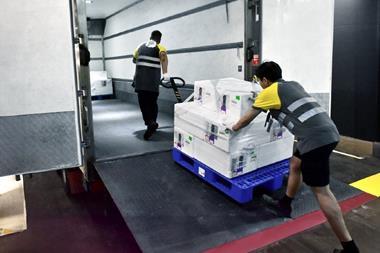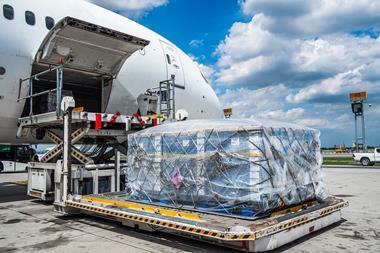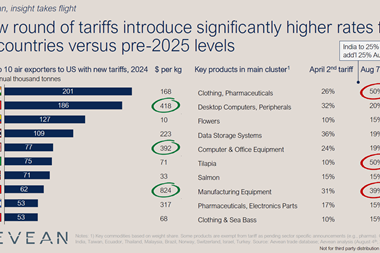US Customs and Border Protection (CBP) seized 1,378 hoverboards with counterfeit and potentially dangerous batteries at New York's JFK airport in December.
If genuine, the Chinese-manufactured hoverboards would have had a total estimated manufacturer’s suggested retail price value of about $447,000, said the CBP.
“CBP officers and import specialists are protecting the American public from various dangers on a daily basis,” said Robert Perez, director of CBP’s New York Field Operations.
“The interception of these potentially dangerous hoverboards is a direct reflection of the vigilance and commitment to mission success by our CBP officers and import specialists daily.”
Hoverboards, the current must-have device, are driven by lithium batteries and have been banned as carry-on hand luggage by some airlines, as the dubious quality of some power units within them poses the threat of a cabin fire.
The UK authorities recently seized 17,000 hoverboards, of which 88% were faulty, including the battery and/or the charger.
Qatar Airways has banned hoverboards and similar devices as checked-in or cabin baggage on all its flights. It applies regardless of the watt-hour rating of the Lithium battery that power the devices “due to concerns regarding the questionable quality of such items and the potential fire hazard associated with their batteries”.
There had been several instances of house fires being caused by the devices, usually as a result of faulty chargers.
In November, the International Civil Aviation Organization’s Dangerous Goods Panel agreed new safety recommendations for Lithium battery shipments as cargo on passenger and freighter aircraft.
These included a requirement for them to have a state of charge of 30% or less, when carried in shipments on commercial aircraft, pending development of a packaging performance standard.










